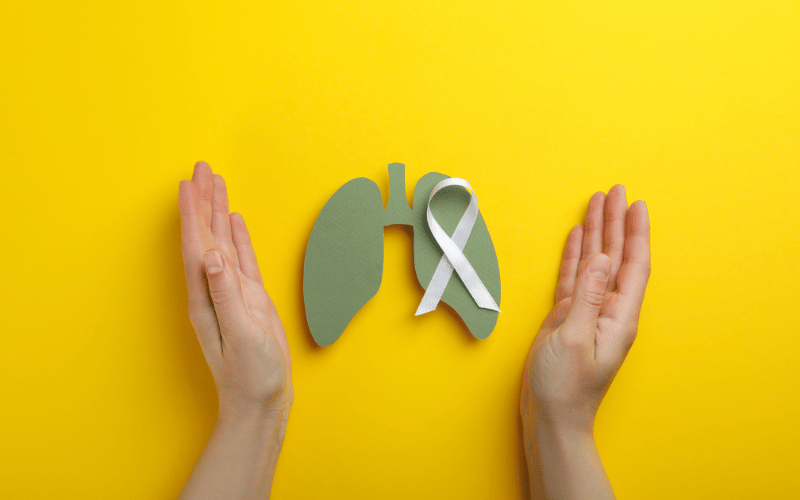Introduction: The Global Impact of Lung Carcinoma

Lung cancer, more formally known as lung carcinoma, has cast a formidable shadow over global health landscapes. Given its significant footprint and ramifications on global health, awareness is no longer a luxury—it’s a necessity. In the folds of this article, you’ll unearth 15 critical facts that could be life-altering.
Lung cancer has long been synonymous with its most infamous trigger: smoking. However, as research advances, we understand there’s a much more intricate web of factors at play. Factors like genetics, environment, and even one’s own lifestyle choices, beyond just tobacco consumption, can contribute.
Early diagnosis, as we’ll explore, often dictates the prognosis. But how does one achieve early diagnosis when the symptoms might remain elusive until the advanced stages? The answer lies in both awareness and timely screenings. Recognizing the signs, understanding risks, and seeking medical advice when something feels amiss could be the difference between early intervention and lamenting missed opportunities.
Furthermore, it’s not just about individual health. The ripple effect of lung cancer affects families, communities, and even economies. The cost of treatments, the emotional toll on families, and the reduced productivity of those afflicted contribute to an overarching narrative: Lung cancer is not just a personal concern; it’s a societal one.
Fact 1: Leading Cause of Cancer Deaths

Lung cancer, unfortunately, holds the ominous title of the top killer among cancers worldwide. This isn’t just a cold, hard statistic; it’s a reality that millions grapple with daily. The sheer weight of this fact echoes through medical corridors, research labs, and households. The disease has claimed more lives than breast, prostate, and colon cancer combined.
Zooming out to a global perspective, the scale of lung cancer’s impact becomes even more evident. In every corner of the world, communities feel its grip. Whether it’s in bustling metropolitan areas or quiet rural towns, the echo of its influence is undeniable. Its pervasive nature brings to the fore an urgent call to action.
The common misconception? Lung cancer is solely a smoker’s plight. While it’s true that smoking dramatically ups the risk, this isn’t the full picture. Many non-smokers find themselves facing this diagnosis, shattering the myth that it’s purely a consequence of tobacco use.
There’s always a glint of hope, even in grim statistics. This hope lies in early detection. The numbers underscore the importance of early intervention. Catching lung cancer in its nascent stages can dramatically improve prognosis and outcomes. It emphasizes the crucial role of regular check-ups and being attuned to one’s body.
This isn’t a solitary battle. To change this statistic, there needs to be a collective effort. Healthcare professionals, researchers, policymakers, and individuals have roles to play. Public health initiatives, research funding, patient support, and awareness campaigns are all cogs in the machine aiming to dethrone lung cancer from its grim leadership position. (1)